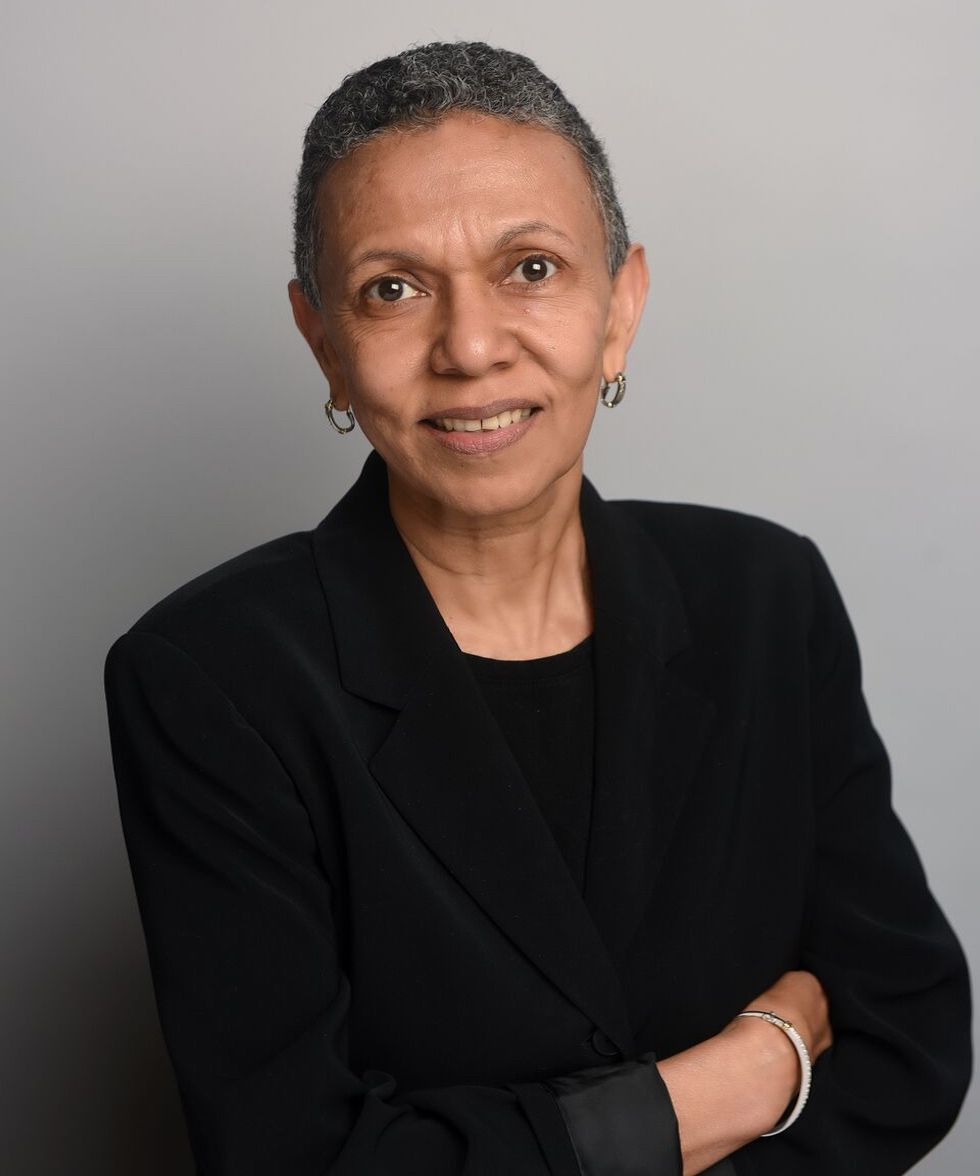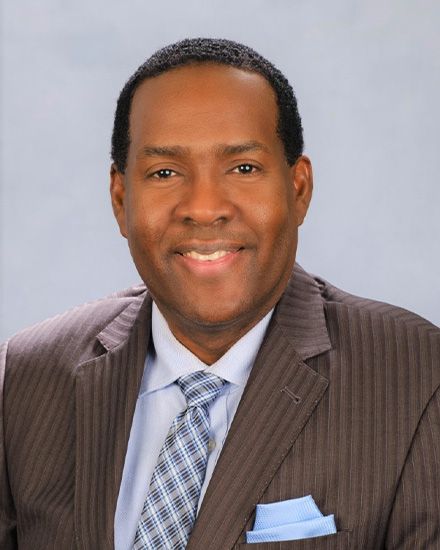
[ad_1]
In drugs, the shortage of range in medical trials is the elephant within the room and has been for many years. Despite initiatives and applications geared at bettering fairness in healthcare, the sector nonetheless falls in need of reaching this aim. To acknowledge the conclusion of Black History Month, the HCPLive Editorial reached out to knowledgeable opinion leaders throughout an array of specialties for his or her views on how this lack of clincial trial range has impacted real-world care and what the neighborhood can do to handle this evident difficulty.
(L to R): Arisha Blazer, MD; Eleesha Ellis-Cox, MD, MPH; Luisa N. Borrell, DDS, PhD; Nasrien Ibrahim, MD, MPH; Girardin Jean-Louis, PhD; Ashwin Ananthakrishnan, MD, MBBS, MPH; and Maya Clark-Cutaia, RN, MSN, PhD

How Lacking Clinical Trial Diversity Impacts Public Health
Part 1: How a Historic Lack of Diversity Manifests in Real-World Care
How has the historic lack of range in medical trials affected your specialty, and what particular challenges has it posed in delivering equitable healthcare outcomes for all sufferers inside your subject?
Part 2: How Lack of Trial Diversity Impacts Treatment Development and Application
In your expertise, to what diploma has the underrepresentation of various populations in medical analysis impacted the event and software of medical remedies inside your self-discipline?
Part 3: How to Address a Lack of Diversity in Clinical Trials
If the problem of range in medical trials just isn’t adequately addressed, how do you foresee it additional influencing the long run panorama of your specialty? What steps ought to be taken to make sure extra inclusive and consultant analysis practices for the advantage of various affected person populations?
Our group of opinion leaders included on this function contains representatives for the next fields: cardiology, gastroenterology, nephrology, psychiatry, pulmonology, rheumatology, and sleep drugs.

Cardiology:
Nasrien Ibrahim, MD, MPH, superior coronary heart failure and transplant heart specialist at Brigham and Women’s Hospital and founding father of The Equity in Heart Transplant Project.
Ashwin Ananthakrishnan, MD, MBBS, MPH

Gastroenterology:
Ashwin Ananthakrishnan, MD, MBBS, MPH, associate professor of Medicine at Harvard Medical School and a gastroenterologist at Massachusetts General Hospital.
Maya Clark-Cutaia, RN, MSN, PhD

Nephrology:
Maya Clark-Cutaia, RN, MSN, PhD, assistant professor of Nursing and the inaugural Evelyn Lauder Associate Dean for Nurse Practitioner Programs at New York University Rory Meyers College of Nursing.

Pulmonology:
Luisa N. Borrell, DDS, PhD, social epidemiologist and distinguished professor on the Department of Epidemiology and Biostatistics, Graduate School of Public Health and Health Policy, City University of New York.
Leesha Ellis-Cox, MD, MPH

Psychiatry:
Leesha Ellis-Cox, MD, MPH, board-certified little one, adolescent, and grownup psychiatrist at JBS Western Mental Health Center and Wellstone Behavioral Health; proprietor of Leesha M. Ellis-Cox, MD, MPH, LLC.

Rheumatology:
Ashira Blazer, MD, MSCI, assistant professor of Medicine and a tutorial rheumatologist on the Hospital for Special Surgery.

Sleep Medicine:
Girardin Jean-Louis, PhD, professor of Psychiatry and Neurology and the director of the Center on Translation Sleep and Circadian Sciences at University of Miami Miller School of Medicine.
[adinserter block=”4″]
[ad_2]
Source link